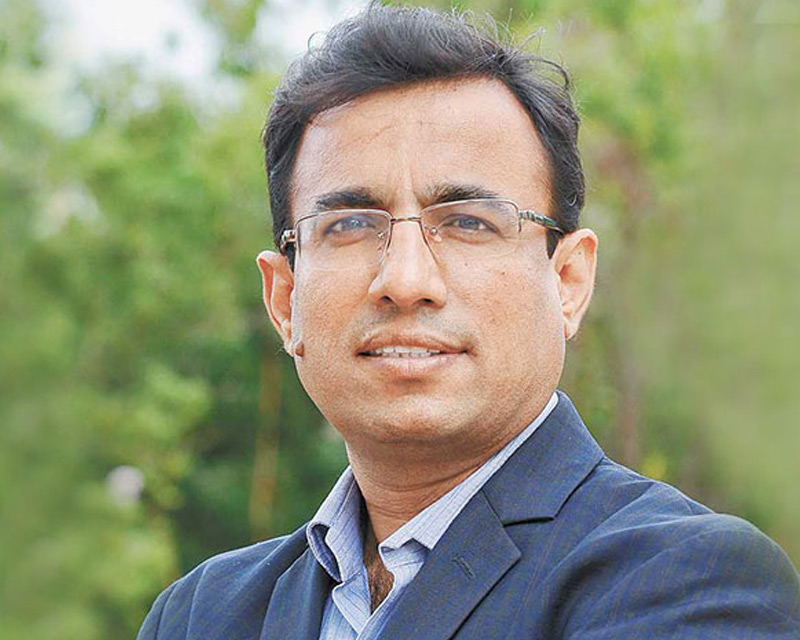The fundamental problem is that of an approach to IT. Current approach to business, profitability, costs and performance are all rooted in the industrial era
Suvrat’s story is interesting but not uncommon. It started as a difference of approach to IT — do you focus on reducing IT costs to increase profitability or do you increase IT investments to get higher business growth?
As Suvrat digs deeper into IT readiness and maturity at Prescott, he realises that this has resulted in under investment in critical areas of security and risk and has had cascading effect. Prescott now faces a situation where under investment in IT could result in significant losses arising out of data theft of customer records. It need not have been so.
The fundamental problem is that of an approach to IT. Current app roach to business, profitability, costs and performance are all rooted in the industrial era. So, the impetus that a business receives from tech-led approaches is not understood completely. The management approach looks at technologies as machines, which contribute to costs and improve productivity. However, the more significant impact that tech-led models can create are lost on most traditional businesses.
While most businesses focus on year-on-year reduction in IT costs, the overall spending on technology has increased over last few decades. The worldwide technology spending is now nearing $6 trillion a year. The global digital economy would be almost 2.5 times that of India’s GDP.
If we look at the spurt of technology-led startups in the last five years, the trends are revealing. Large enterprises are cutting their spending but businesses such as Uber and Airbnb have created businesses on a scale that earlier took companies several decades to reach. Yes, it is due to high venture funding and profitability is an issue. However, the fact remains that investments in technology have created business models, which have created huge value for consumers and has shown a growth impossible in traditional businesses. Technology causes creative thinking, which causes more technology, which causes creative disruptions in business. The Fintech sector, a term for tech-led startups in financial services, is causing huge disruption for traditional financial services like investment advisory. The investments in Fintech have crossed over $13 billion already.
An example of disruption is Betterment. A well-funded startup that uses analytics and automation to make investment advisory recommendations for customers using its robo-advisors. With less than 50 people, the firm already has $5 billion as AUM (assets under management) in less than a decade of its operations.
As mentioned in a special Economist report, “The threat the startups pose is not that they will topple banks as linchpins of the economy. …that they might just seize the profitable add-ons, from loans to payments services and investment advice — anything that generates fees”
Similar disruption is happening in almost every industry where technology is enabling new business models and paradigm shifts.
In healthcare, we have players such as Practo, DoctorInsta, Lybrate that are disrupting traditional medical consulting models, creating opportunities for doctors and patients and improving user experience and patient healthcare.
RedBus is a great example of a startup that created value for the investors and the users alike and delivered innovation in the existing business paradigm with its bus aggregator solution.
The innovation in technology startups is a warning bell. An approach of viewing technology investment as an enabler can create new business opportunities versus viewing technology as merely a cost line item in the balance sheet.
Every business need not spin off a startup. What is needed is to imbibe and embrace the startup success of leveraging technology for high growth business models. Meanwhile, and this is critical, businesses using technology must stay alert to the needs of the substratum of a tech environment: risk and compliance. For this hits the end user quick and hard. Minds that can think tech can also think hack. Risk is core to this environment.
The writer is a General Manager with Wipro Technologies and is based in Bangalore. He drives Automation and Innovation for one of the divisions. The views expressed are personal and do not represent that of the organisation
Disclaimer: The views expressed in the article above are those of the authors’ and do not necessarily represent or reflect the views of this publishing house. Unless otherwise noted, the author is writing in his/her personal capacity. They are not intended and should not be thought to represent official ideas, attitudes, or policies of any agency or institution.










